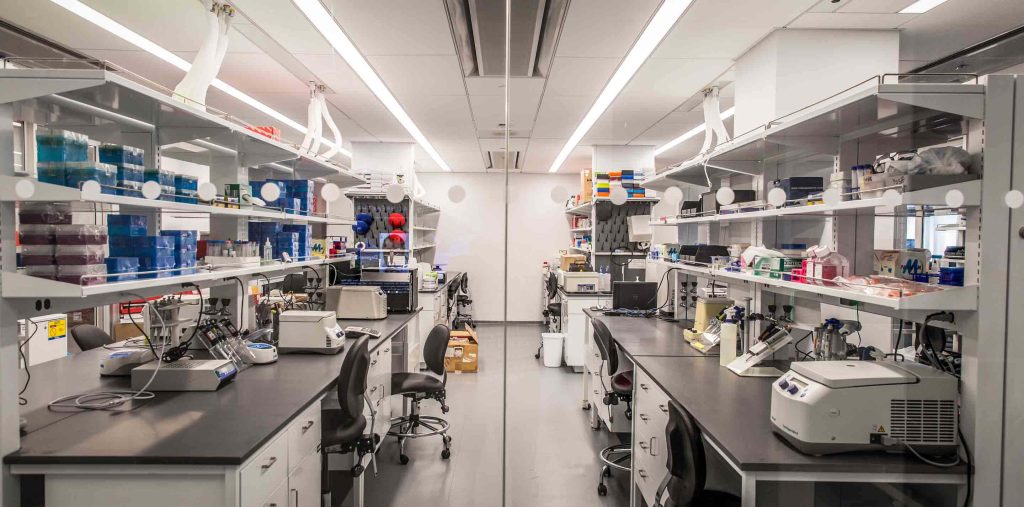Bridging Science and Health – The Regenerative Medicine Research Program
Regenerative medicine has emerged as a transformative field, offering hope for patients with previously untreatable conditions by harnessing the body’s own regenerative abilities. The Regenerative Medicine Research Program is at the forefront of this revolutionary science, acting as a bridge between scientific discovery and improved healthcare. This program embodies the collaborative efforts of scientists, clinicians, and healthcare professionals, working together to push the boundaries of medical treatment. Regenerative medicine is a multidisciplinary approach that focuses on repairing or replacing damaged or dysfunctional tissues and organs, and it is based on the principles of stem cell biology, tissue engineering, and gene therapy. The Regenerative Medicine Research Program draws upon these principles to develop innovative therapies that can potentially revolutionize healthcare. One of the most exciting aspects of regenerative medicine is its application in treating a wide range of medical conditions. For example, stem cell therapies hold promise for diseases like Parkinson’s, Alzheimer’s, diabetes, and spinal cord injuries. These treatments involve using stem cells to replace or repair damaged tissue, promoting the body’s own regenerative abilities.

The program’s scientists are actively working on advancing the understanding of stem cells and their therapeutic potential. Furthermore, tissue engineering plays a pivotal role in regenerative medicine. Researchers in the program are focused on designing and creating artificial organs and tissues, allowing for organ transplants without the need for donors and minimizing the risk of transplant rejection. This technology could have a significant impact on patients awaiting life-saving organ transplants, reducing the organ shortage crisis. Gene therapy is another promising aspect of regenerative medicine. It involves modifying a patient’s genes to treat or prevent diseases, effectively eliminating the root cause of many conditions. Researchers are investigating the use of gene therapy to treat genetic disorders, such as cystic fibrosis and muscular dystrophy, offering new hope for patients who have long struggled with these debilitating conditions and go here. The Regenerative Medicine Research Program goes beyond laboratory work. It collaborates closely with clinicians to ensure that promising treatments are translated into practical medical applications. This partnership between scientists and healthcare professionals is crucial to bridging the gap between scientific discovery and clinical practice.
The program’s emphasis on translational research helps to move regenerative medicine from the laboratory to the bedside, benefiting patients in a timely manner. The program’s achievements are numerous, with several clinical trials already underway. These trials are essential for evaluating the safety and efficacy of regenerative medicine therapies, providing critical data that will guide their integration into mainstream healthcare. Patients who participate in these trials often find themselves at the cutting edge of medical science, with the potential to benefit from groundbreaking treatments. In addition to its medical applications, the Regenerative Medicine Research Program also fosters economic growth and job creation. As the field of regenerative medicine expands, it generates opportunities for biotechnology and pharmaceutical companies, creating a ripple effect in the broader economy. Moreover, the program attracts and nurtures top talent in science and medicine, contributing to the development of skilled professionals who will continue to advance the field. Education and public awareness are key components of the program’s mission. These efforts also help in addressing ethical and regulatory concerns that may arise in the field.